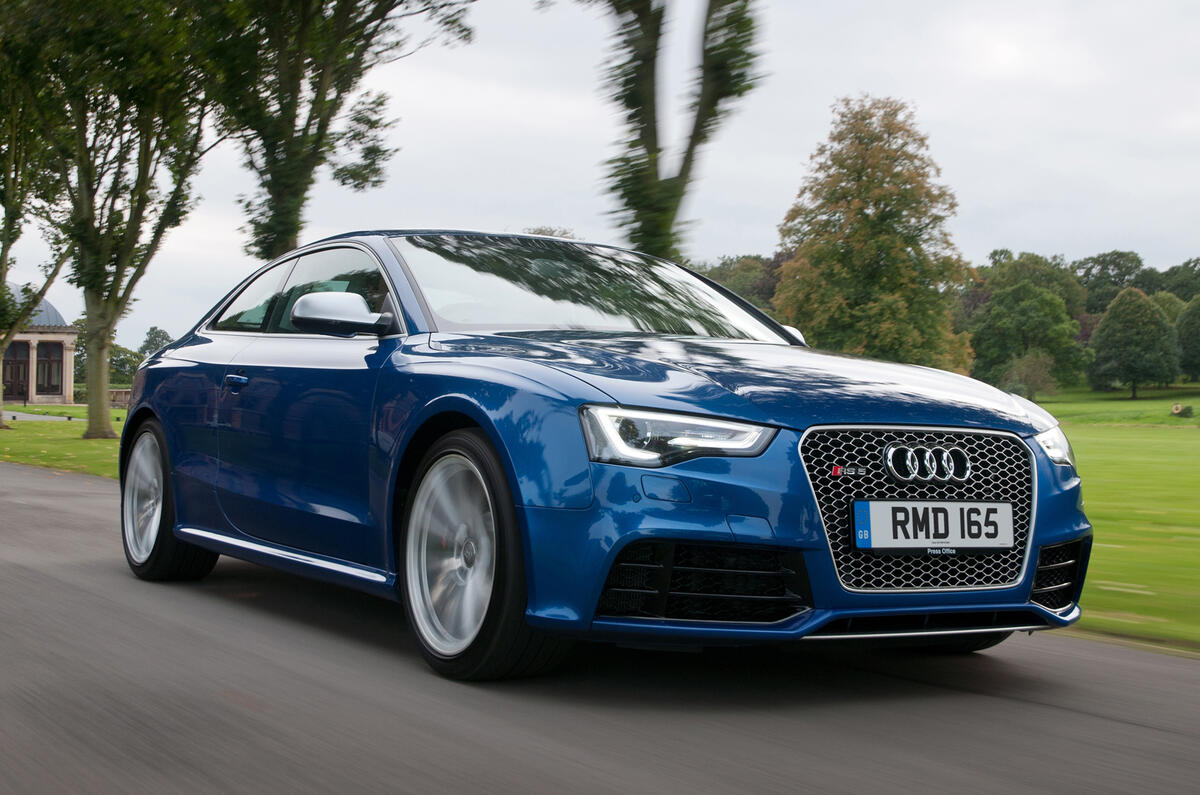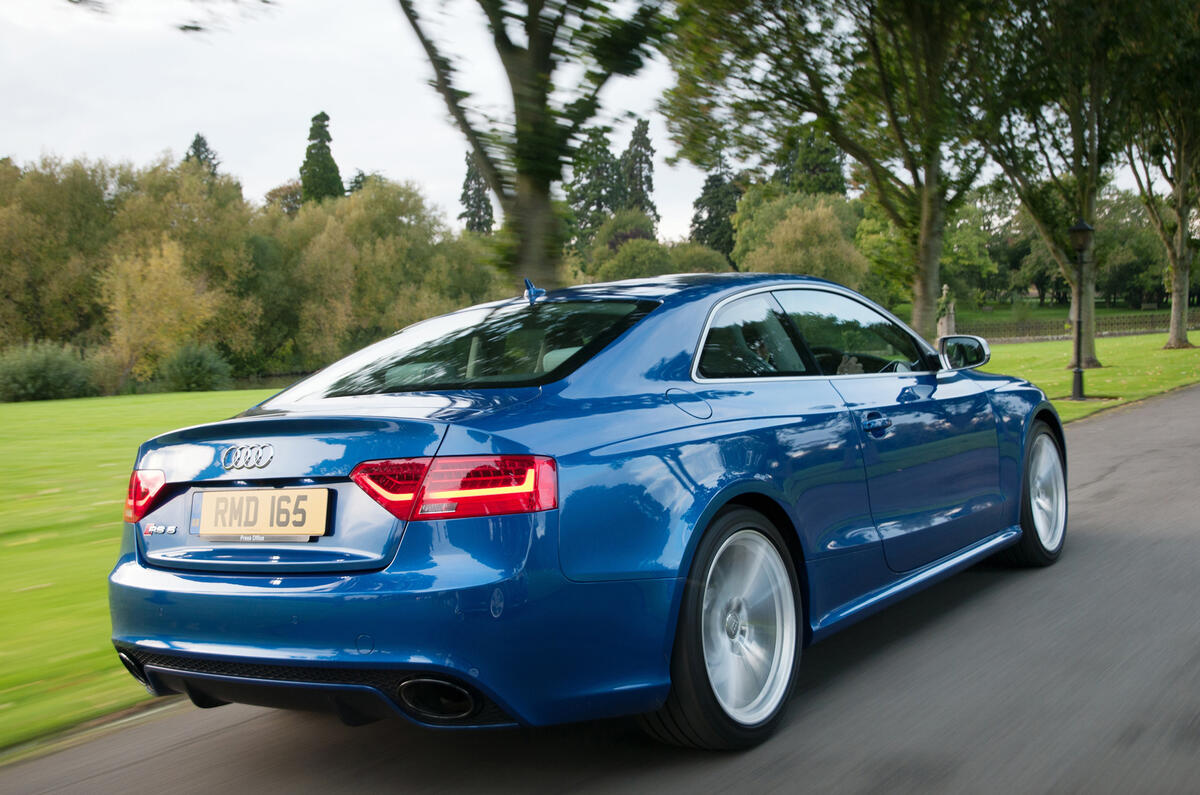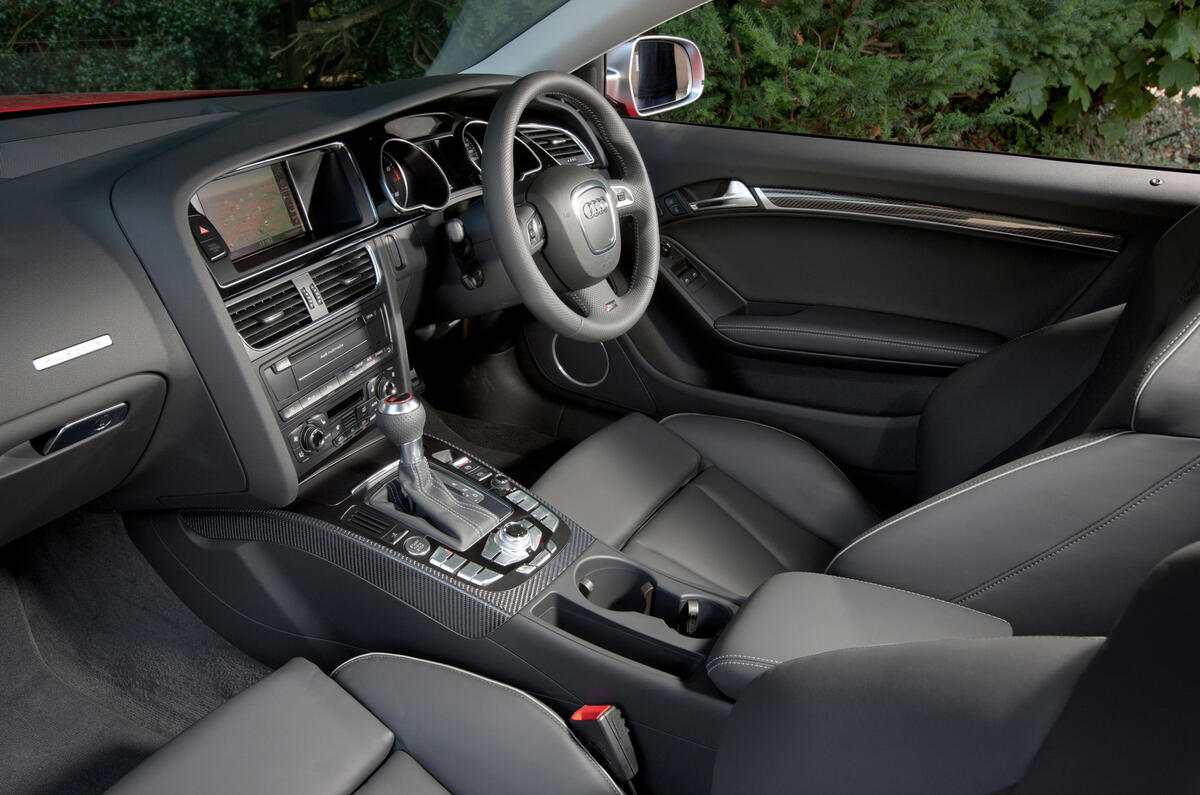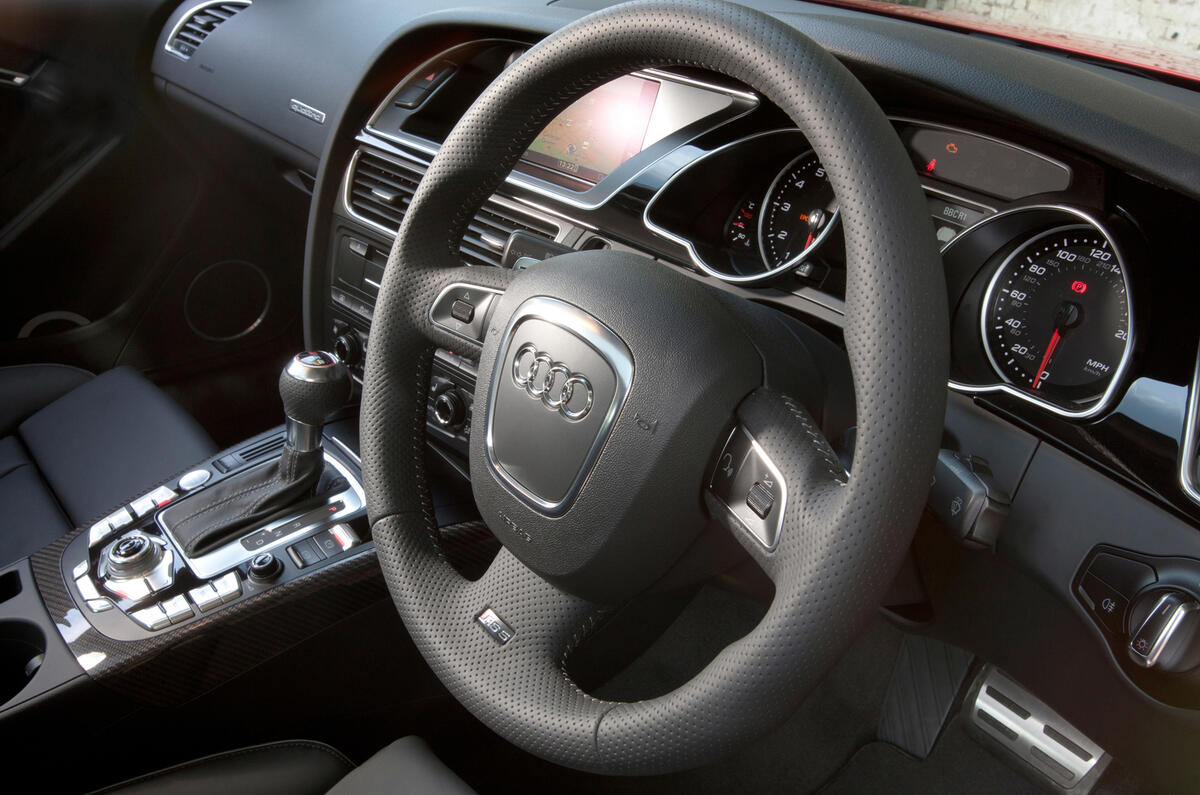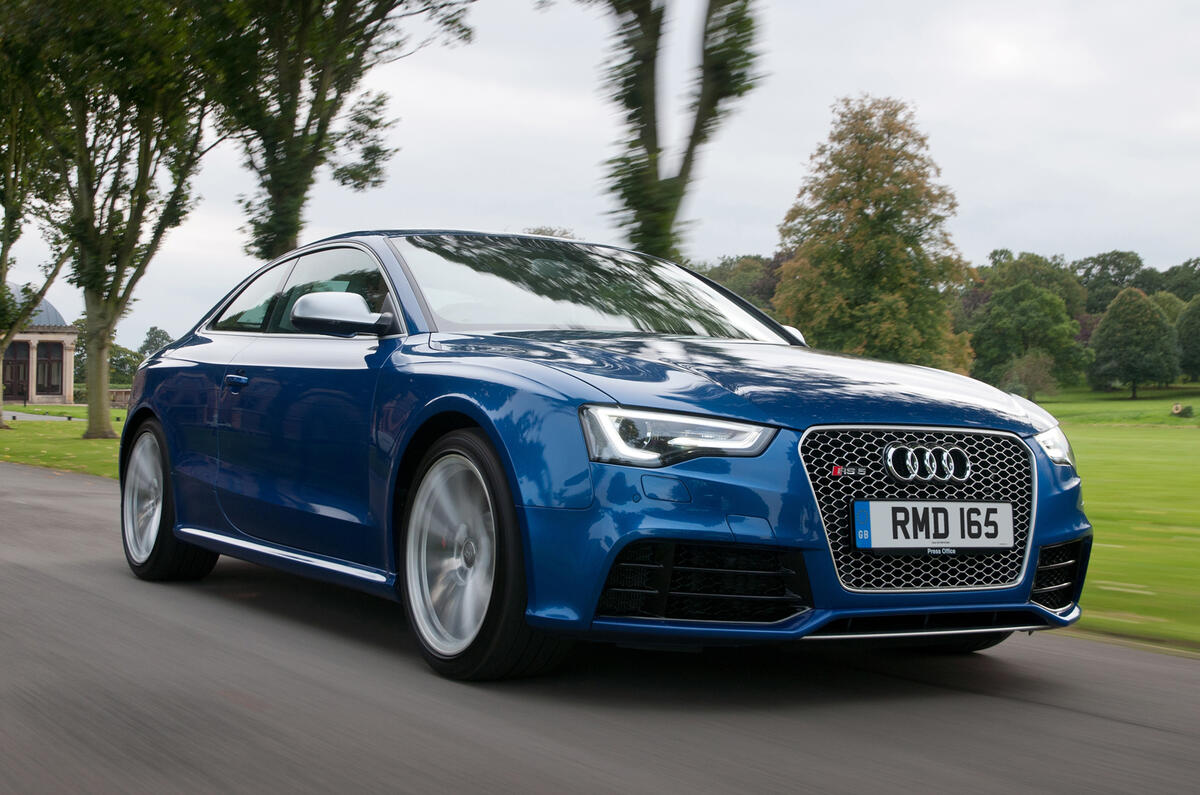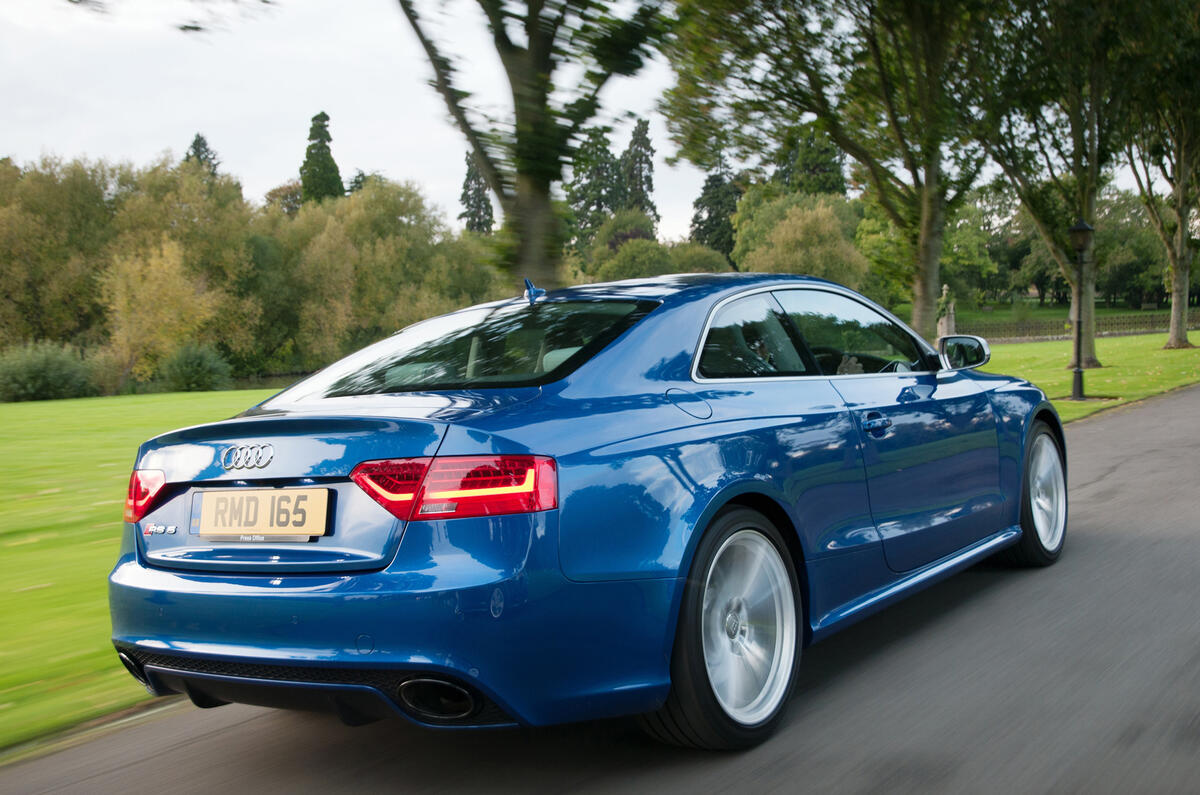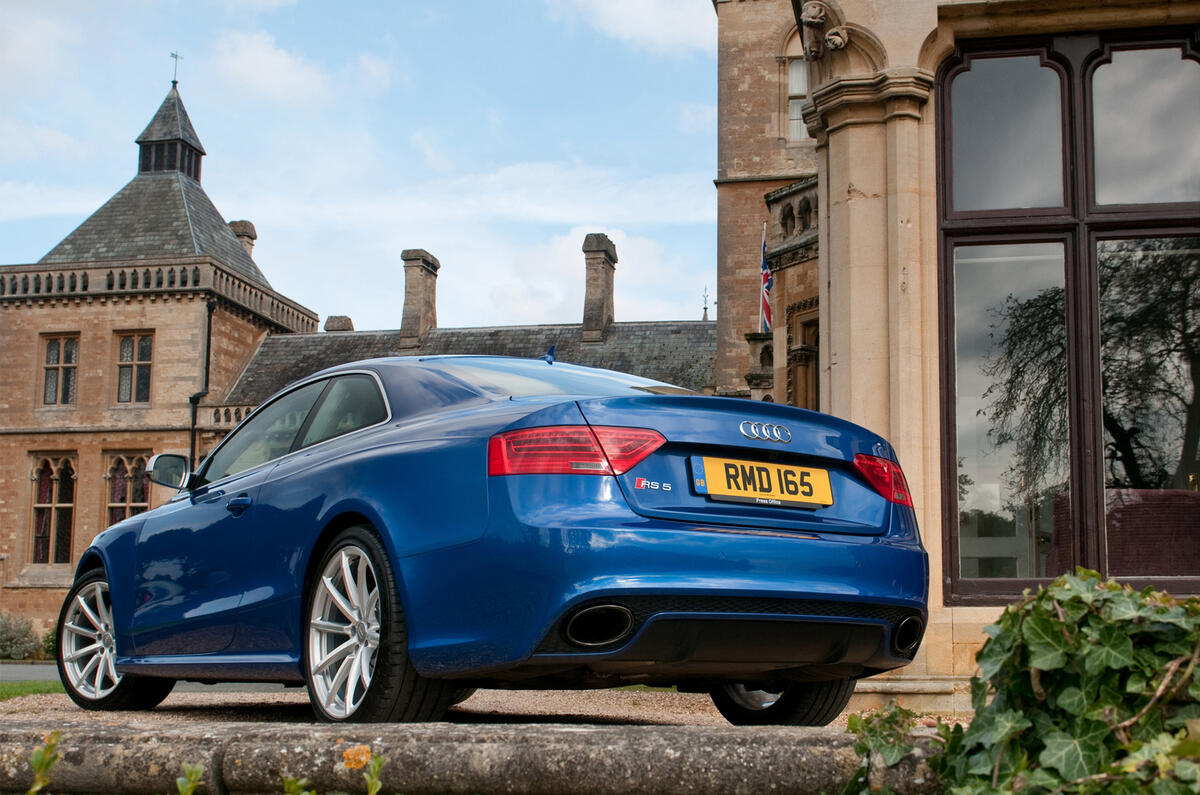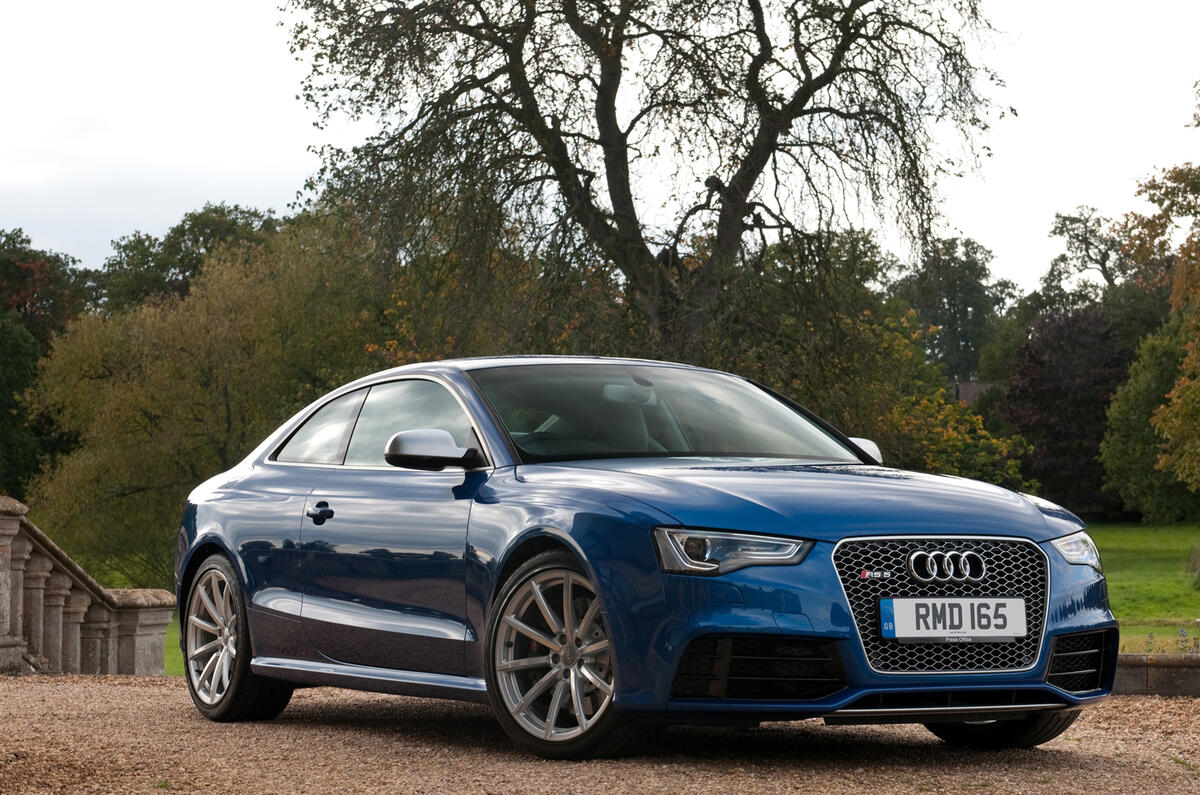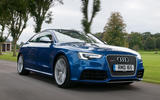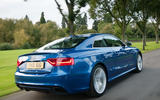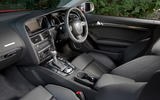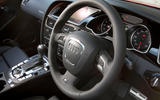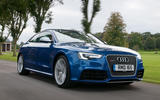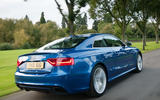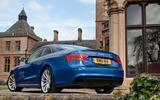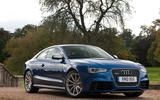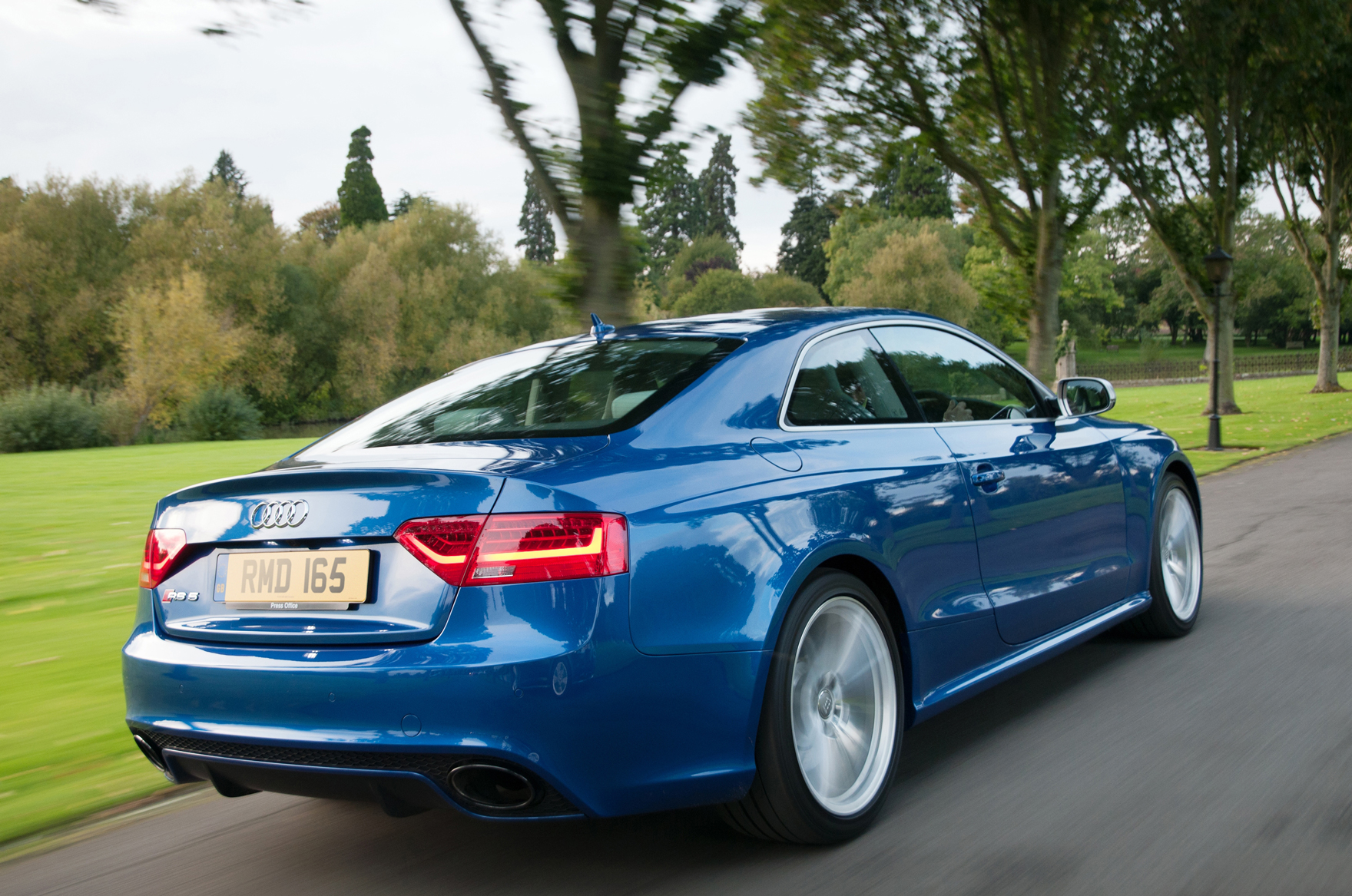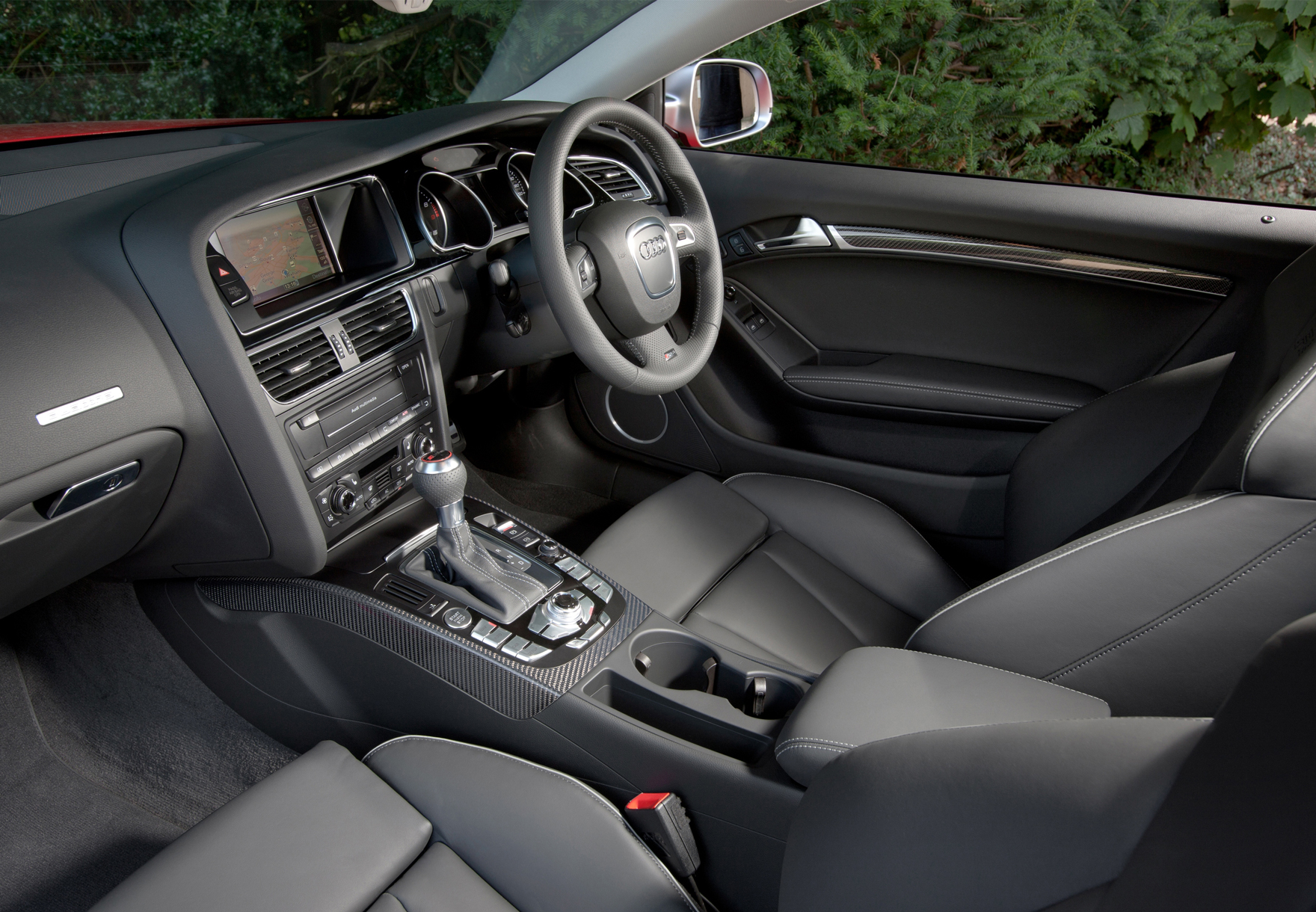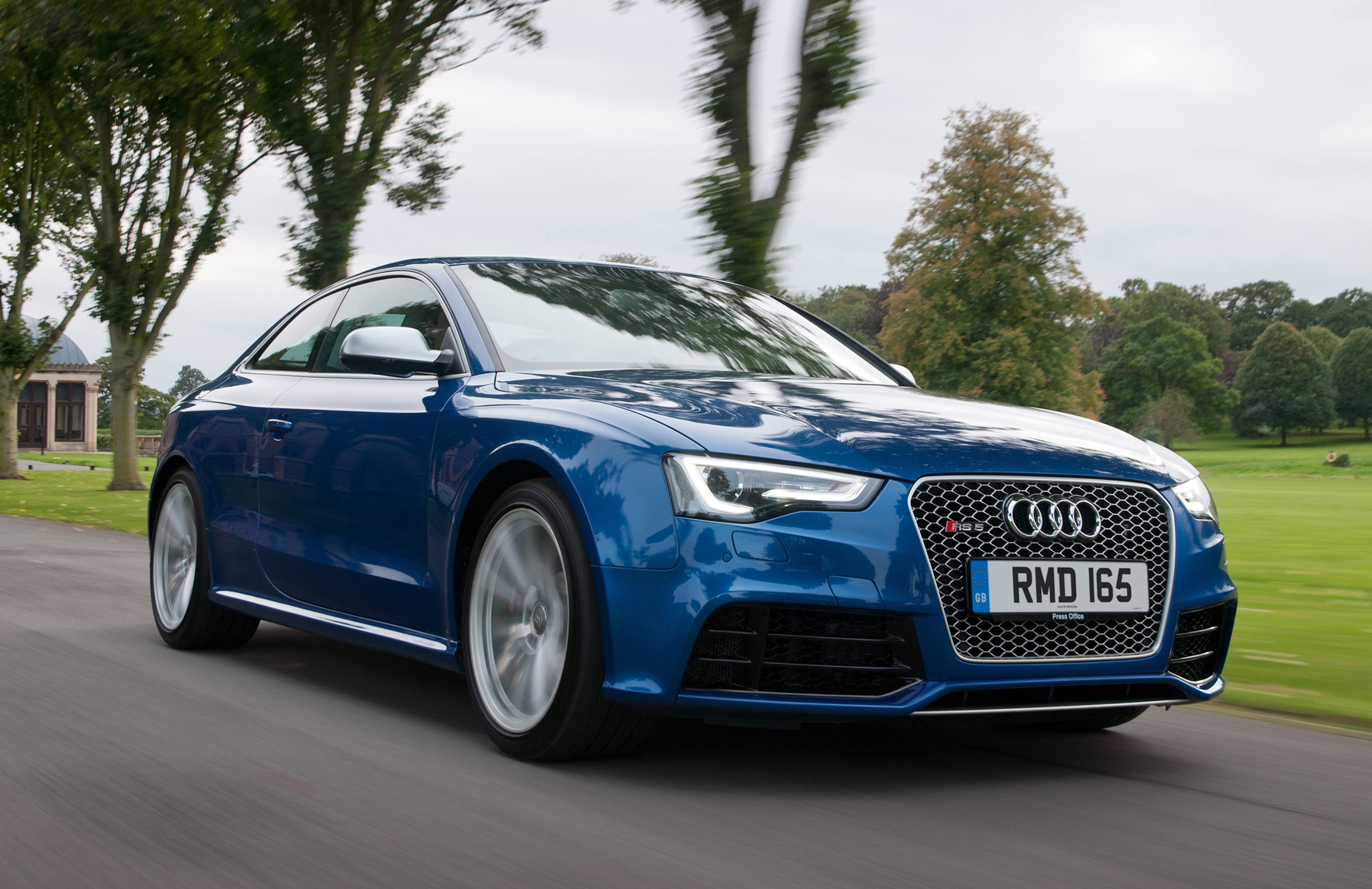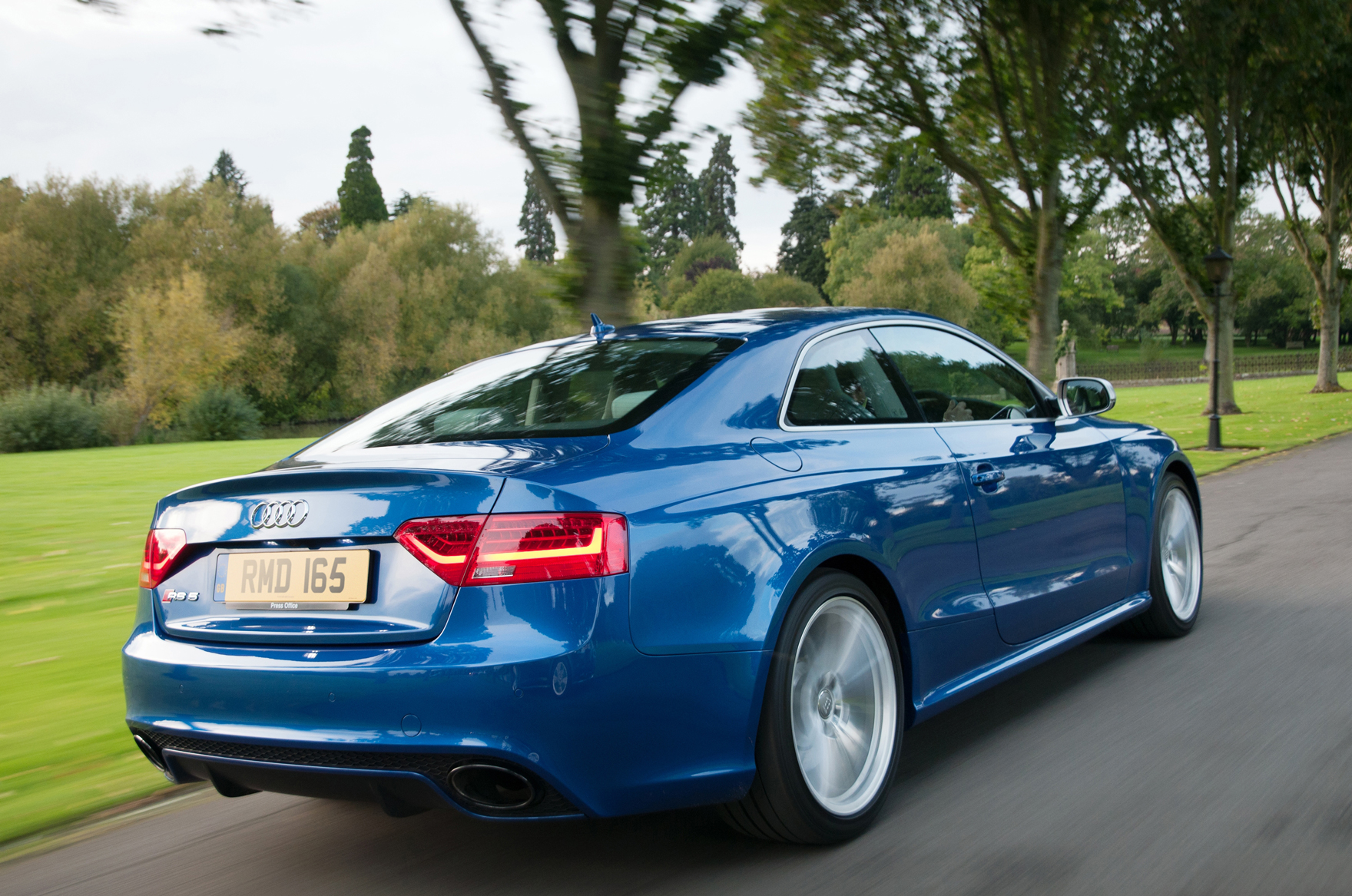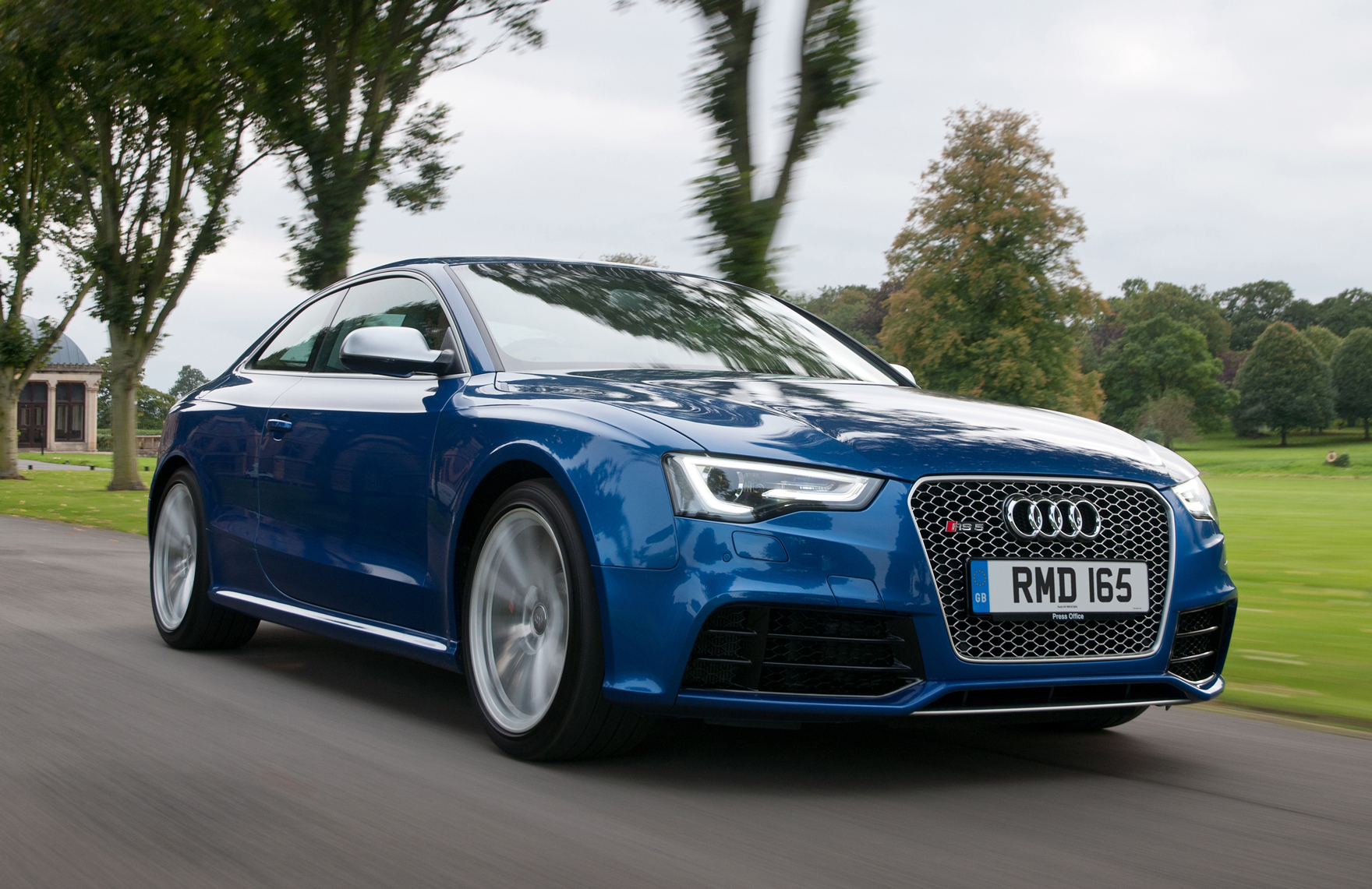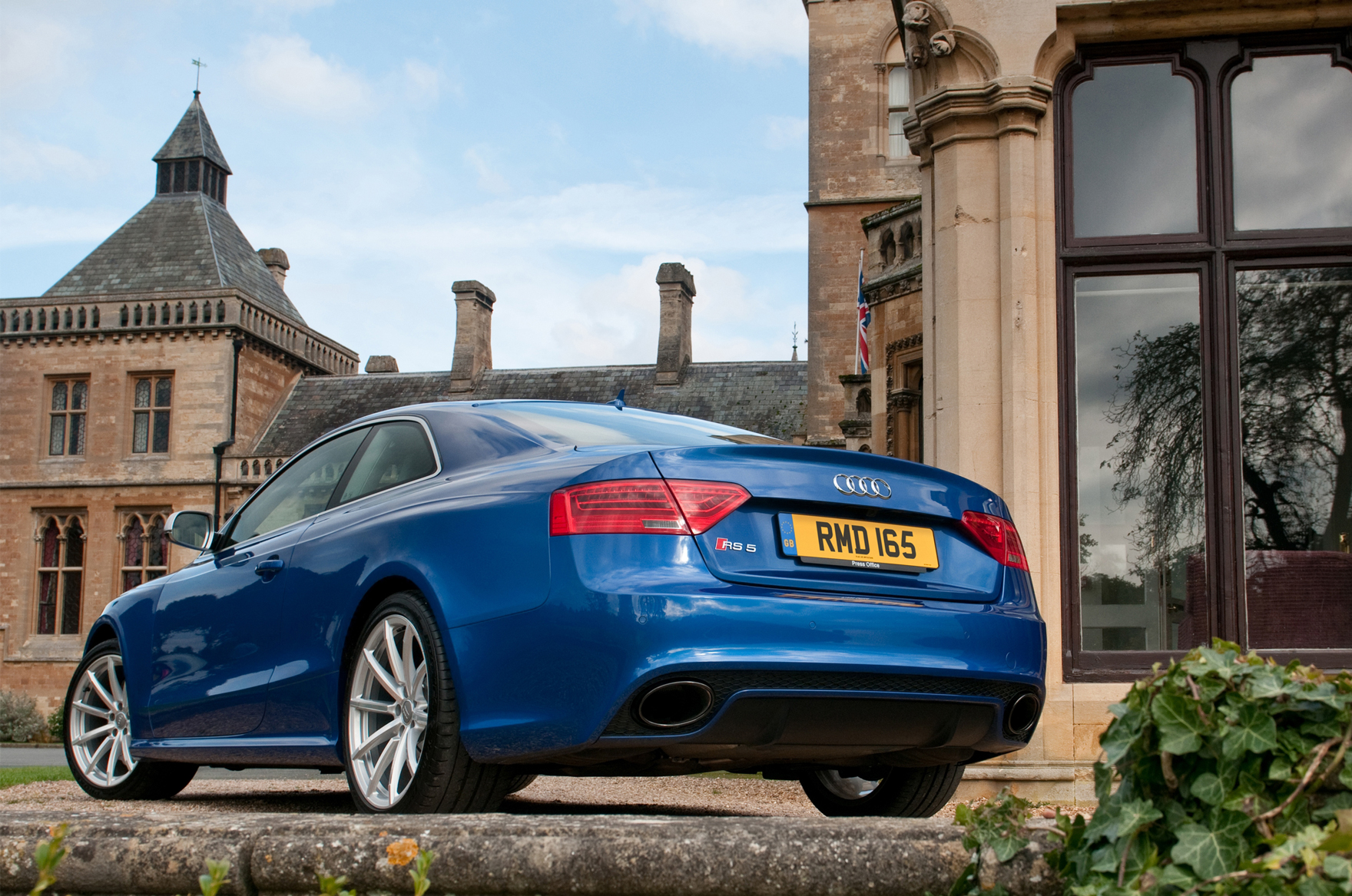At the risk of inducing a mild state of déjà vu, we again find ourselves with the RS5 saying that we’re not quite sure what kind of car we’re going to get from an RS Audi: a smooth-riding, agile M3 beater such as the RS4, or something altogether less appealingly sophisticated, such as the early RS6.
This is the second RS model to rival the BMW M3 since the demise of the RS4, which, although short-lived, shone brightly during its all-too-brief time in production and is still universally revered by enthusiasts.
Like the RS4, the RS5 has a 4.2-litre V8 engine and permanent quattro four-wheel drive. Unlike the RS4 saloon and estate, the RS5 comes only as an exceptionally handsome two-door coupé or cabriolet, which places it in the crosshairs of the M3 and M4 more than ever.
What we know about this car already is that it posted a very respectable performance at our recent Britain’s Best Driver’s Car contest, impressing our testers to the extent that many thought it the best front-engined Audi since the RS4.
Whether it’s better than that model, though – or indeed better than the M3, which has been subtly yet convincingly revised since it and an Audi last locked horns – is the subject of this test.
used Audi RS5 2010-2015 cars for sale



